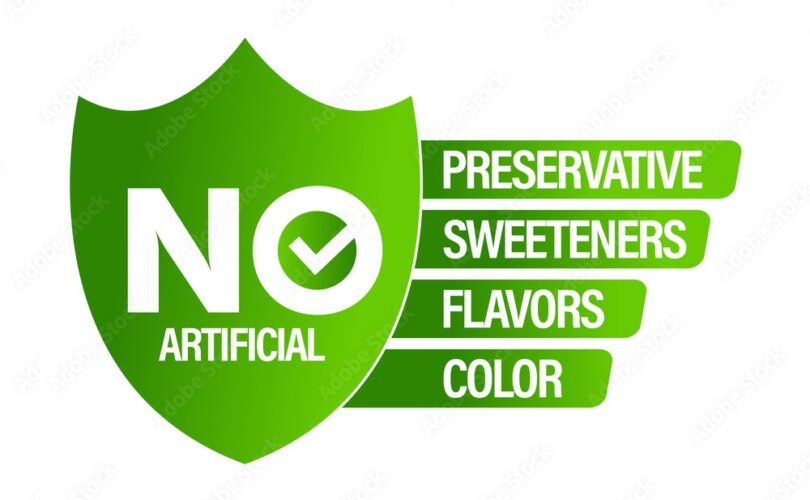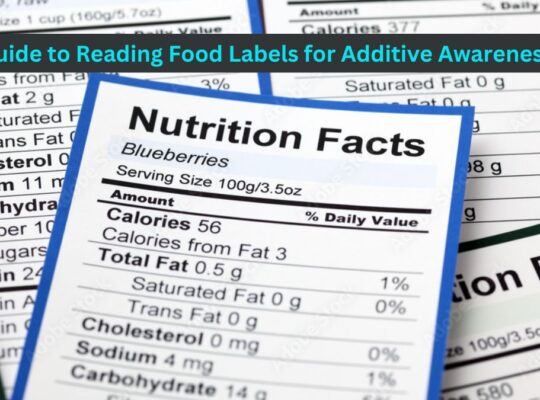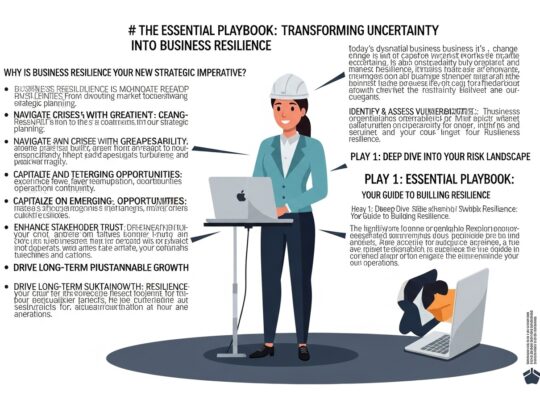Introduction:
Welcome to another eye-opening discussion about the choices we make on our plates and their profound impact on our health and the environment. In this blog post, we delve deep into the world of processed foods, shedding light on the often-overlooked villains – preservatives and additives. Join us on this journey as we uncover the hidden risks associated with these substances and explore the alternatives for a healthier and more sustainable lifestyle.
The Sneaky Culprits:
Preservatives and additives are the unsung heroes of the processed food industry, extending shelf life, enhancing color, and maintaining texture. However, their convenience comes at a cost. Many of these chemicals, such as artificial flavors, colors, and sweeteners, have been linked to various health issues, including allergies, hyperactivity, and even more severe conditions.
- Health Hazards:
- Allergic Reactions: Artificial additives can trigger allergic reactions in sensitive individuals, leading to symptoms ranging from hives to respiratory distress.
- Hyperactivity in Children: Studies have shown a potential connection between certain additives and increased hyperactivity in children, prompting concerns about their long-term effects on behavior and cognitive function.
- Environmental Impact:
- Packaging Waste: Processed foods often come in excessive packaging, contributing to the global plastic crisis and environmental pollution.
- Chemical Runoff: The production and disposal of processed foods, along with the chemicals used in them, can lead to soil and water contamination, harming ecosystems and biodiversity.
Making Informed Choices:
- Read Labels Mindfully: Take a moment to peruse the ingredient list on packaged foods. Familiarize yourself with common preservatives and additives, and be cautious of products with lengthy lists of unfamiliar chemicals. Opt for whole, unprocessed foods whenever possible.
- Choose Organic and Local: Support local farmers and choose organic produce to reduce your exposure to harmful chemicals. Locally sourced, fresh foods not only benefit your health but also contribute to a more sustainable and resilient food system.
- Cook at Home: Embrace the joy of cooking at home, where you have control over the ingredients in your meals. This not only allows you to prioritize nutrient-dense foods but also minimizes your reliance on heavily processed options.
- Spread the Word: Share your newfound knowledge with friends and family. By raising awareness about the impact of preservatives and additives, you contribute to a collective effort towards healthier food choices and a more sustainable food industry.
Conclusion:
Our food choices have far-reaching consequences, affecting not only our well-being but also the health of the planet we call home. By being mindful consumers and choosing whole, minimally processed foods, we can take a stand against the hidden dangers of preservatives and additives. Let’s embark on a journey towards a healthier, more sustainable future, one plate at a time.







